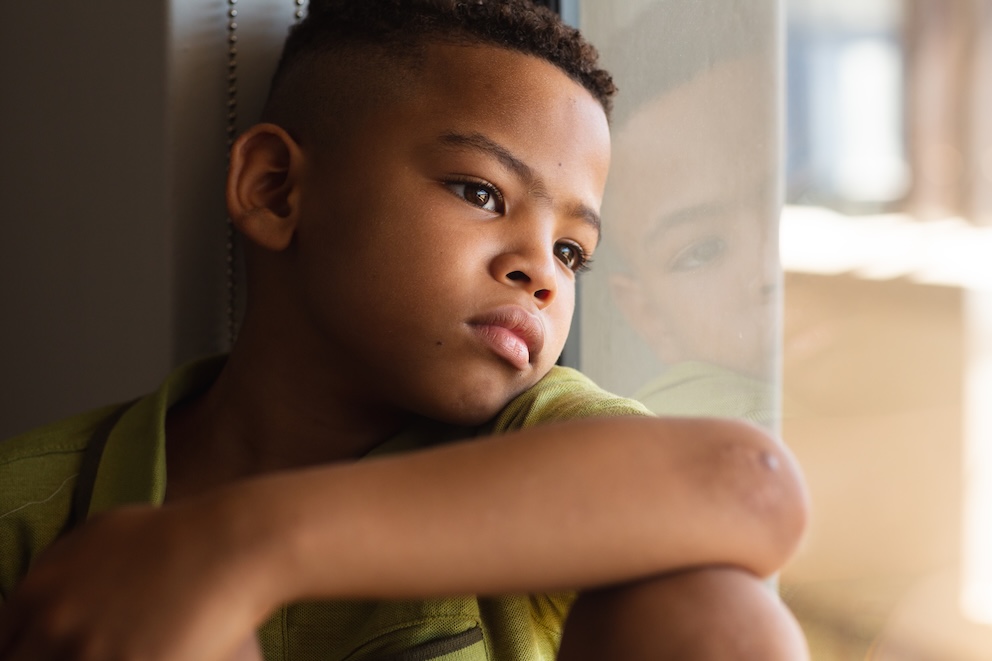What to Do If You Suspect Child Abuse in Your Community
Child abuse is an incredibly serious crime that preys on vulnerable members of our community. Abused children often do not understand that what is happening to them is wrong, so it’s up to adults to protect children from abuse. It’s important to handle suspected abuse delicately in order to protect children from further harm. Here is how to correctly identify and intervene when you suspect child abuse.
Signs of abuse
There are different kinds of abuse that happen to children, including neglect and emotional, physical and sexual abuse. Recurring abuse usually comes from a trusted adult in the child’s life, including parents, family members, babysitters or teachers. It may also happen alongside domestic abuse towards other family members.
Often, children don’t understand what abuse is or what has happened to them. Child abusers commonly manipulate their victims and convince them that something bad will happen to them if they tell anyone. This means that children will often keep the abuse a secret.
The signs of abuse look different depending on the age of the child and the type of abuse happening.
Common signs of abuse include:
- Bruises, cuts, burns, or broken bones
- Sleep problems, including nightmares or uncharacteristic bed-wetting, especially in older children
- Unexplained behaviour changes – including becoming withdrawn, anxious, or uncharacteristically aggressive
- Lack of social skills or friends
- Knowledge of adult topics that are inappropriate for their age group
- Running away
- Self harm
- Recurrent absences from school or a sudden drop in grades
If you think a child is being abused
If you suspect that a child is being abused but you aren’t certain, there are steps you can take to gain more clarity.
Talk to the child
Although they may be reluctant to give information, talking to the child and building trust with them may make them feel safe enough to confide in you.
Keep a diary
Keeping a clear record of potential signs of abuse will help you to spot patterns. It will also help any potential investigations.
Share your concerns
It’s always better to be on the safer side when vulnerable children are at stake. Sharing your concerns with other adults in the child’s life, especially professionals such as doctors or teachers, will help you to get a clearer picture of their behaviour patterns and other symptoms. If in doubt, it is safer to report your concerns and find nothing is wrong than it is to potentially allow abuse to continue.
How to report child abuse
If a child is in immediate danger, call 911 straight away to speak directly to the police.
To report child abuse, you can also contact The Department of Child and Family Services hotline on 278-9111, or 295-0111 outside business hours.
You can also anonymously report suspicions to Crime Stoppers.
Report crime anonymously
If you suspect child abuse or another crime within your community, you can report anonymously via Crime Stoppers Bermuda. Your information will be sent to law enforcement without any identifying details, and nobody will know that the information came from you.
Call 800-8477 or use our online form to report a crime






